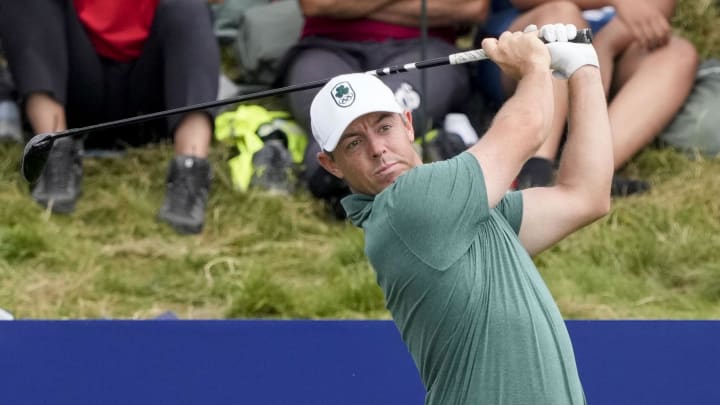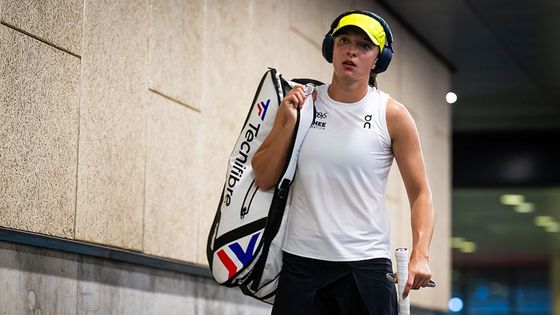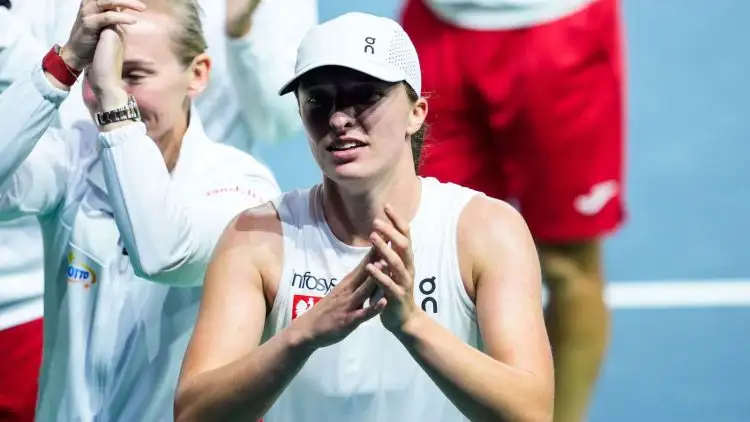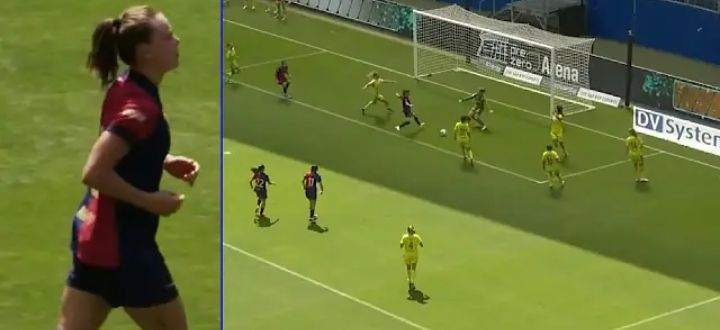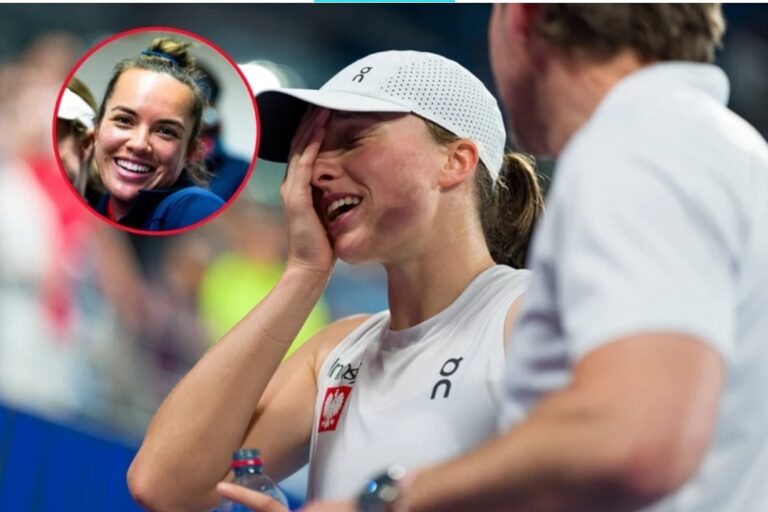Rory McIlroy’s Olympic Heartbreak: How a Costly Mistake Drowned His Medal Hopes and Extended His Agonizing Near-Miss Streak
SAINT QUENTIN-EN-YVELINES, France — In a dramatic turn of events at the Olympic golf tournament, Rory McIlroy found himself grappling with an agonizing close call that seemed almost scripted to torment him. The Irish golfer, already familiar with the sting of near-misses, faced yet another crushing disappointment as a golden opportunity slipped through his fingers—quite literally—into the water.
McIlroy had ignited hopes of an Olympic breakthrough with an electrifying performance on the back nine. After an incredible five consecutive birdies, he surged to within striking distance of the leaders. The momentum seemed unstoppable. But just when victory appeared within reach, fate intervened in a way that seemed almost cruelly poetic.
On the 15th hole, a seemingly straightforward par-4 turned into a nightmare. Standing at just 140 yards from the green, McIlroy aimed to capitalize on his earlier momentum with a wedge shot intended to set up yet another birdie. However, the shot he thought he executed perfectly fell victim to the unforgiving wind, landing short and plunging into the water hazard. The resultant double bogey shattered his hopes, leaving him with a painful reminder of how fine the line between glory and despair can be in professional sports.
Despite his best efforts, which included a final-round 66 that showcased his resilience, McIlroy’s total score left him tied for fifth place. This finish, though commendable, was a bitter pill to swallow, especially in the face of such a near-miss. With Scottie Scheffler seizing the gold medal with a stellar 62, and Tommy Fleetwood and Hideki Matsuyama finishing ahead, McIlroy’s failure to convert on the 15th hole meant he finished four strokes behind Scheffler and just one shot away from a medal.
Reflecting on the critical moment, McIlroy described his experience as a haunting echo of past failures. “When I got to 10 and 11, I looked at the board and I was 14 (under) and Jon [Rahm] had got to 20. I didn’t feel like I had a chance. Then I looked at the board again after I birdied 14 and I was one behind and I was like, holy sh-t, what just happened,” he recounted, frustration evident in his voice.
The pivotal shot on the 15th was intended to be a routine play, but McIlroy’s execution was undermined by the wind. “I hit the shot I wanted to hit but didn’t get the ball in the air enough for the wind to carry it the extra 3 or 4 yards I needed to,” he explained. The failure to reach his intended spot cost him dearly, emphasizing how a small error can dramatically alter a golfer’s fate.
McIlroy’s recent string of near-misses has only compounded the pain. From the U.S. Open, where late bogeys dashed his playoff hopes, to his struggles at other major tournaments, McIlroy has been dubbed golf’s ‘Nearly Man’—a moniker that encapsulates his persistent inability to convert close calls into victories. The Olympic disappointment adds another chapter to a story of agonizing near-successes that have plagued his career.
This year, McIlroy did secure three victories—at the Dubai Desert Classic, the Zurich Classic of New Orleans, and the Wells Fargo Championship—but those wins stand in stark contrast to his failures at the Masters, PGA Championship, and the British Open. His performance at the U.S. Open was particularly distressing, leading him to withdraw from the following week’s tournament.
With the FedEx Cup playoffs on the horizon, McIlroy intends to take a brief respite to enjoy other Olympic events before returning to competitive play. Yet, the sting of his latest setback will likely linger as he strives to overcome the ‘Nearly Man’ tag and finally convert his close calls into lasting triumphs.
As McIlroy prepares to tackle the next chapter of his season, the question remains: will he be able to turn his near-misses into a triumph, or will he continue to wrestle with the agonizing proximity of victory? Only time will tell if the tide will turn for the Irish golfer.
